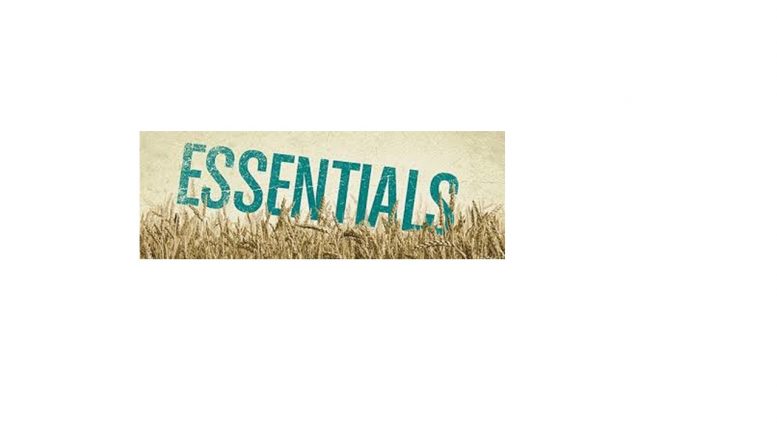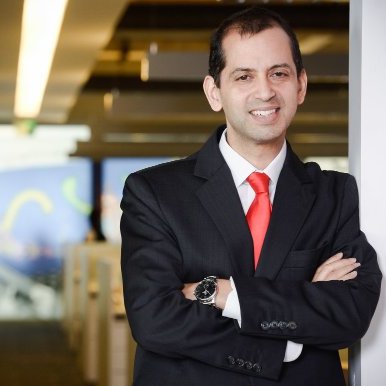Everything is coming under scrutiny, from what we do ‘in the office’ to how we spend our free time. Lock-down is changing everything, forever. It’s hard to dispute the first part of the sentiment, while the second remains to be seen. But, in terms of actionable insight, it’s a little short on precision.
In Mumbai, we’ve been subject to confinement protocols since 24 March, so I’ve a clearer idea of exactly what’s changed, and how. An amazing and timely piece of research from Mckinsey, maps the decline in consumer sentiment across the globe with the propagation of virus: “For example, US optimism over recovery went from 39% of respondents on March 22, to 35% on April 19. This pattern of dwindling optimism is similar in many European countries, except for Germany whose optimism continues to be stable.”
The findings are hardly surprising; together with a shift towards online activities, a reduction in discretionary spend and a heightened consideration for health and safety. Look deeper at this and other research and more insights emerge. Research from Enormous Brands highlights more actionable nuances: more older generations switching to online retail (at a faster rate than their younger counterparts), a rise in home entertainment, as well as a new patriotism fueling a Make In India (and buy Indian) sentiment. The days of the ‘street barter’ may also be numbered: 42% of respondents to Enormous Brands’ research “claimed they buy vegetables and other consumables without asking for prices.”
Beyond India, COVID-19 is being exploited by activists of all persuasions, from the environmental ‘our planet was overdue a rest‘, and minority campaigners sensing a conspiracy, to advocates of big (the state needs to look after us) and small (the state needs to leave us alone) government. But which of these shifts will remain? In what way has our society changed permanently? From a communications perspective, the ‘renaissance’ of television (and genuinely collective viewing) is here to stay; I think that TV has become a social (as in, sociable) activity again. The level of trust associated with the medium remains extremely high; the round-the-clock provision of essential COVID-19 updates will only have enhanced this sentiment.
In addition, the logistics challenge of producing and distributing news print has provided the biggest boost to online media it has ever seen. In the US, for instance, during the first week of New York’s lock-down, the number of minutes spent by readers at news sites increased 46% and overall visits rose 57% compared to the same period last year according com-Score. Brands started tailoring content and media strategies (including creative content and packaged home-based soundbites) for online media because there was little alternative. The ease and efficiency with which they can use such tools to respond to and participate in the news, real time, means that they are here to stay.
Behind the scenes, content validation and approvals processes are being similarly streamlined; the idea of every company as a media company is gaining unprecedented traction. From a professional perspective, I’m learning the art of collaboration at distance; this means team nurturing, client support and creative thinking from the confines of my apartment. It also means that much activity can no longer be delegated; brainstorms can only be pretty cursory, and campaign development ‘by committee’ is impracticable. This is not such an issue if you have a drawer full of ideas and the experience, energy and rigor to articulate ideas to multiple audiences and secure buy-in. I’m not sure where this leaves senior leaders who have forgotten or neglected these skills. COVID-19 is a time of reckoning for everyone.
Finally, from a personal point of view, I’m learning to create space between different activities and try and allocate sufficient time to each. Simply running a household – cooking, cleaning, provisioning – requires more effort since none of it can now be delegated; but leaving time for the family for discussion, debate, dreaming, delight (and its counterpart) is also a major consideration. While I’m still completing my apprenticeship of these ‘new essentials’, I like to think that some of this new discipline will remain, long after lock-down has become a historical footnote.
From ‘no-haggling’ food shopping to genuinely flexible working, I wonder how many of India’s ‘new essentials’ will survive as our lives return to ‘normal’.
The views and opinions published here belong to the author and do not necessarily reflect the views and opinions of the publisher.



Be the first to comment on "What are your new essentials?"